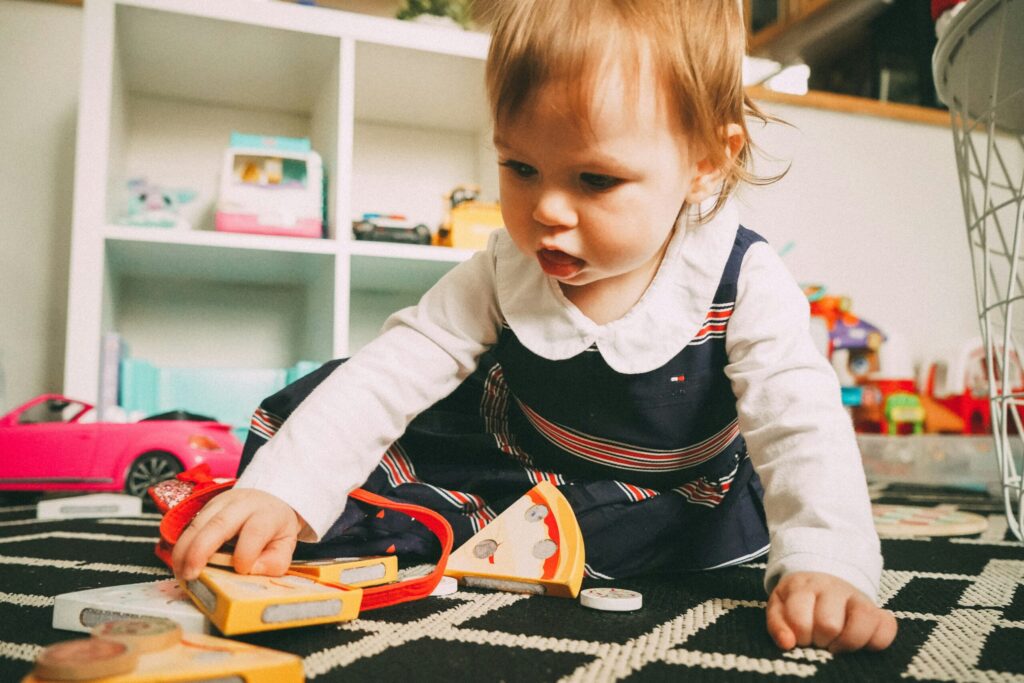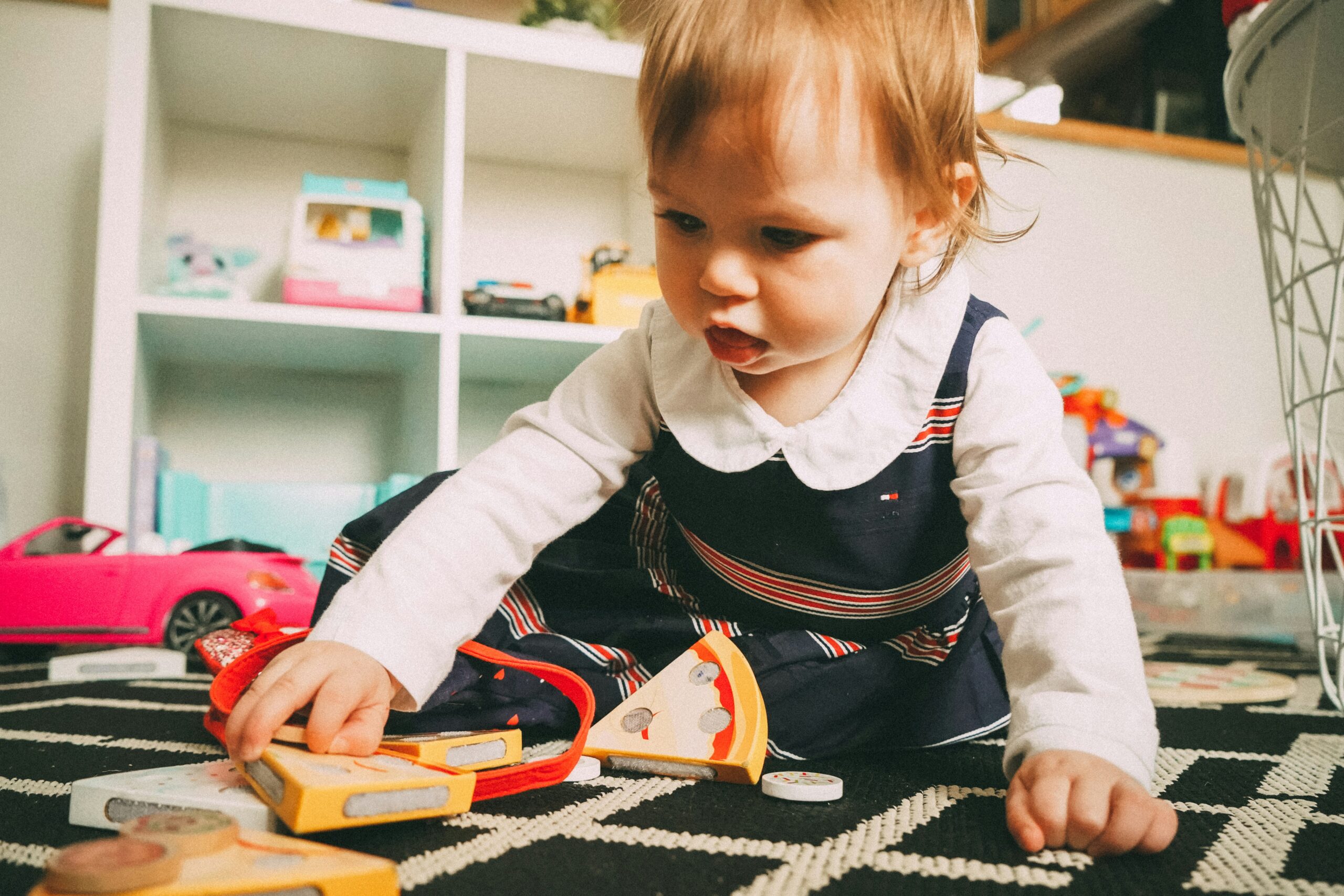
Essential Parent Tips for Preschoolers: Nurturing Growth and Development
Navigating the preschool years can feel like a whirlwind of finger paints, story times, and budding personalities. As parents, we all want to provide the best possible environment for our children to thrive. This article provides essential parent tips for preschoolers, focusing on practical strategies to nurture their growth and development during this crucial stage. From fostering independence to encouraging social skills, we’ll explore actionable advice that can make a positive impact on your child’s preschool journey. Let’s dive into some parent tips for preschoolers that can make these years smoother and more rewarding for both you and your child.
Understanding the Preschool Stage (Ages 3-5)
The preschool years (ages 3-5) are a period of significant cognitive, social, emotional, and physical development. Children at this age are rapidly expanding their vocabulary, developing problem-solving skills, and learning to interact with others in more complex ways. Understanding these developmental milestones is key to providing effective parent tips for preschoolers. They’re also figuring out how to manage their emotions, often with dramatic flair. This is a time when they are learning to share, take turns, and understand basic social rules. Physically, they’re refining their gross and fine motor skills, becoming more coordinated and capable.
Fostering Independence and Self-Sufficiency
One of the most important parent tips for preschoolers is to encourage independence. Allowing children to do things for themselves, even if it takes longer or isn’t perfect, builds confidence and self-esteem. Start with simple tasks such as dressing themselves, pouring their own drinks, or cleaning up their toys. Break down larger tasks into smaller, manageable steps. For example, instead of saying “Clean your room,” say “Put the books on the shelf” or “Put the toys in the bin.” Celebrate their efforts and successes, even if the outcome isn’t exactly what you expected. This builds their confidence and encourages them to keep trying. Remember, patience is key! This is a crucial aspect of parent tips for preschoolers.
Practical Tips for Encouraging Independence:
- Create a designated space for their belongings so they know where things go.
- Provide child-sized furniture and tools to make tasks easier.
- Offer choices whenever possible (e.g., “Do you want to wear the blue shirt or the red shirt?”).
- Resist the urge to jump in and do everything for them. Allow them to struggle a bit and figure things out on their own.
- Celebrate small victories and acknowledge their efforts.
Nurturing Social and Emotional Development
Preschool is a critical time for developing social and emotional skills. Children learn how to interact with their peers, manage their emotions, and understand the perspectives of others. As parents, we can play a significant role in nurturing these skills. One of the most valuable parent tips for preschoolers is to actively teach and model positive social behaviors. Talk about feelings, both your own and your child’s. Help them identify and label different emotions, such as happiness, sadness, anger, and fear. Encourage empathy by asking questions like, “How do you think your friend felt when you took their toy?”
Strategies for Promoting Social and Emotional Growth:
- Arrange playdates with other children to provide opportunities for social interaction.
- Teach them how to share, take turns, and resolve conflicts peacefully.
- Read books and watch shows that explore different emotions and social situations.
- Model positive social behaviors in your own interactions with others.
- Help them understand the consequences of their actions and how they affect others.
Encouraging Learning Through Play
Play is essential for a preschooler’s development. It’s through play that children explore the world, experiment with new ideas, and develop problem-solving skills. One of the best parent tips for preschoolers is to provide plenty of opportunities for unstructured play. This means allowing them to choose their own activities and explore their interests without too much adult intervention. Provide a variety of toys and materials that encourage creativity and imagination, such as blocks, art supplies, dress-up clothes, and pretend play sets. Engage in play with your child, but let them lead the way. Follow their interests and let them be the boss.
Ideas for Play-Based Learning Activities:
- Building with blocks to develop spatial reasoning and problem-solving skills.
- Drawing and painting to express creativity and develop fine motor skills.
- Playing pretend to explore different roles and scenarios.
- Reading books together to expand vocabulary and develop literacy skills.
- Engaging in outdoor play to promote physical activity and exploration.
Establishing Routines and Consistency
Preschoolers thrive on routine and consistency. Establishing a predictable daily schedule can help them feel secure and in control. One of the most effective parent tips for preschoolers is to create a consistent bedtime routine, mealtime routine, and playtime routine. This doesn’t mean that every day has to be exactly the same, but having a general structure can help reduce anxiety and improve behavior. Use visual aids, such as picture schedules, to help your child understand the daily routine. This can be especially helpful for children who have difficulty with transitions. Communicate any changes to the routine in advance so they know what to expect.
Benefits of Establishing Routines:
- Reduces anxiety and improves behavior.
- Helps children develop a sense of security and control.
- Promotes independence and self-sufficiency.
- Makes transitions smoother and easier.
- Creates a predictable and stable environment.
Promoting Language and Literacy Development
The preschool years are a critical time for language and literacy development. Children are rapidly expanding their vocabulary, learning to recognize letters and sounds, and developing pre-reading skills. One of the most important parent tips for preschoolers is to read to your child every day. Reading aloud exposes them to new words, concepts, and ideas. It also helps them develop a love of reading. Make reading interactive by asking questions, pointing out pictures, and encouraging them to participate in the story. Talk to your child frequently and engage in conversations. Ask open-ended questions that encourage them to think and express themselves. Sing songs, recite rhymes, and play word games to make learning fun and engaging.
Strategies for Promoting Language and Literacy:
- Read aloud to your child every day.
- Talk to your child frequently and engage in conversations.
- Sing songs, recite rhymes, and play word games.
- Provide opportunities for them to write and draw.
- Visit the library regularly and let them choose their own books.
Managing Challenging Behaviors
Preschoolers can be challenging! Tantrums, defiance, and aggression are all common behaviors during this stage. One of the most helpful parent tips for preschoolers when dealing with challenging behaviors is to remain calm and consistent. Avoid getting into power struggles. Instead, set clear limits and expectations, and enforce them consistently. Use positive reinforcement to encourage good behavior. Catch your child being good and praise them for it. Ignore minor misbehaviors that are attention-seeking. Use time-outs for more serious misbehaviors. Make sure the time-out is short and age-appropriate (e.g., one minute per year of age). After the time-out, talk to your child about what happened and help them understand why their behavior was unacceptable.
Tips for Managing Challenging Behaviors:
- Stay calm and consistent.
- Set clear limits and expectations.
- Use positive reinforcement.
- Ignore minor misbehaviors.
- Use time-outs for more serious misbehaviors.
- Talk to your child about their behavior.
Prioritizing Health and Well-being
A healthy child is a happy child. One of the most fundamental parent tips for preschoolers is to prioritize your child’s health and well-being. Make sure they get enough sleep, eat a healthy diet, and get plenty of exercise. Limit screen time and encourage outdoor play. Schedule regular check-ups with the pediatrician and dentist. Teach them about hygiene and healthy habits, such as washing their hands and brushing their teeth. Model healthy behaviors in your own life. Show them that you value your own health and well-being.
Key Areas to Focus on for Health and Well-being:
- Adequate sleep (10-13 hours per night).
- Healthy diet with plenty of fruits, vegetables, and whole grains.
- Regular physical activity (at least 60 minutes per day).
- Limited screen time (no more than 1-2 hours per day).
- Regular check-ups with the doctor and dentist.
Seeking Support and Resources
Parenting is not easy! Don’t be afraid to seek support and resources when you need them. Connect with other parents, join a parenting group, or talk to a therapist or counselor. There are many resources available to help you navigate the challenges of parenting preschoolers. One of the most important parent tips for preschoolers is recognizing that you don’t have to do it alone. Utilize online resources, books, and articles to learn more about child development and parenting strategies. Remember, every child is different, and what works for one family may not work for another. Be patient, flexible, and trust your instincts. You are doing a great job!
Conclusion: Empowering Parents for Preschool Success
The preschool years are a time of incredible growth and development. By implementing these parent tips for preschoolers, you can create a nurturing and supportive environment that helps your child thrive. Remember to focus on fostering independence, nurturing social and emotional skills, encouraging learning through play, establishing routines, promoting language and literacy, managing challenging behaviors, prioritizing health and well-being, and seeking support when needed. With these strategies in hand, you can confidently navigate the preschool years and help your child reach their full potential. Embrace the journey, celebrate the milestones, and enjoy the precious moments with your little one. The parent tips for preschoolers outlined here are a starting point, adapt them to fit your family and your child’s unique needs.
[See also: Positive Discipline Techniques for Preschoolers]
[See also: Preparing Your Child for Kindergarten]

